Zendesk vs. Intercom: Which is better? [2025]
Picking the right customer support platform can sometimes feel like an endless back-and-forth—especially when Zendesk and Intercom are the main players. Both are well-known, loaded with features, and promise to simplify customer support. But it can get overwhelming fast if you’re trying to choose between them in 2025. That’s why I put together this straightforward comparison of Zendesk and Intercom. We’ll break down how they work, what sets them apart, and where each one excels (or falls a bit flat). By the end, you’ll have a clearer idea of which one might be the best fit for your business.

Ease of Use: Zendesk Keeps It Simple
Let’s talk about how easy these platforms are to use every day. Zendesk is straightforward with its clean layout and simple design. Everything is organized in the Agent Workspace, so your team can see emails, chats, and social media messages in one spot—no need to switch between tabs or get frustrated. On the other hand, Intercom looks modern and polished, but it can feel a bit overwhelming at first. Many people mention that the dashboard can seem cluttered when you first start. If you’re training new team members or switching to a new tool, Zendesk might make things smoother and immediately save you some time and headaches.
Can It Grow with You? Zendesk Says Yes
Zendesk offers scalability with ease. Its structured framework supports your growing business by providing necessary tools and features without overwhelming new users. Intercom, while modern, might require a steeper learning curve for some, especially newcomers. Zendesk’s intuitive interface can ease transitions and enhance team efficiency right from the start.
Let’s Talk Money: Zendesk Is More Transparent
If you’ve ever signed up for software thinking you knew the price, only to find out that many features cost extra, you’ll appreciate how upfront Zendesk is about its pricing. They clearly explain what each plan includes, so there are fewer cost surprises. That makes it easier to stay within your budget. On the other hand, Intercom often charges separately for things like AI tools or multiple messaging channels, which can add up quickly—especially if your team is growing. If having predictable, straightforward pricing is important to you, choosing Zendesk over Intercom makes a lot of sense.
Smarter AI That Helps Your Team
AI has become a must-have in customer support, and both platforms offer some form of it. But Zendesk takes things a step further. Its AI features aren’t just surface-level but built on years of real support data. That means better-automated replies, smarter chatbots, and more helpful agent tools. Even when tickets get complicated, Zendesk’s AI assists, not replaces, your team. Intercom also has AI, but many users say it feels more basic and less customizable. If you’re serious about support automation, Zendesk gives you more control and smarter results.
Security: Zendesk Takes Data Protection Seriously
No one wants to deal with a data breach or compliance issue—especially when customers are involved. In the comparison between Zendesk and Intercom, Zendesk offers stronger built-in security. It supports secure logins, automatic redaction of sensitive info, and full compliance with major standards like HIPAA and ISO. Intercom does offer security features, but some are only available in higher-tier plans. If you want peace of mind out of the box, Zendesk is the safer bet.
Better Reports = Smarter Decisions
If you’ve ever tried to run a report and ended up staring at confusing charts, you’ll appreciate how Zendesk handles analytics. Zendesk offers customizable reports, real-time dashboards, and historical views that make sense. You can track your team’s performance, see how fast tickets are resolved, and identify where things need improvement—all without needing a data expert. Intercom’s reporting features are more limited. You get the basics, but many users say adjusting reports to fit their unique needs is harder. That’s another strong reason to choose Zendesk over Intercom if data matters to your team.
What Real Users Are Saying About the Switch
Many companies have experimented with both platforms, but over time, quite a few prefer Zendesk. Teams like Bitly and Reprise have shared how Zendesk has helped optimize their workflows, making their processes more efficient and better organized. They mention that it considerably reduces response times, provides valuable insights, and offers greater flexibility overall. While Intercom performs well in certain cases, particularly with live chat, Zendesk generally provides a broader range of features, making it a more versatile choice in the long run.

Think About Your Team’s Workflow and Growth
When choosing between Zendesk and Intercom, it’s important to consider how well each platform fits into your company culture and workflow. Zendesk offers a more structured support system, which works well for teams that rely on ticket-based organization. With its real-time messaging focus, Intercom may suit startups looking for fast, informal communication. But as your business scales, maintaining consistency and tracking support history becomes crucial—something Zendesk handles easily. This added structure improves team coordination and creates a better experience for customers who expect quick, reliable help every time they reach out.
The Final Word: Zendesk Has the Edge in 2025
So, which platform should you go with—Zendesk or Intercom? Let’s break it down. If you’re after a customer support solution that’s intuitive, cost-effective, scalable, and powered by smarter AI, then Zendesk remains a top choice in 2025. It’s designed to help your team grow without sacrificing service quality. The benefits are pretty compelling, as are improved workflows and stronger data features. That said, Intercom isn’t out of the running—it’s a great pick, especially if your focus is on messaging or if you have a smaller customer base. However, for long-term support efficiency and overall value, Zendesk often makes a better investment.
On this page
Ease of Use: Zendesk Keeps It Simple Can It Grow with You? Zendesk Says Yes Let’s Talk Money: Zendesk Is More Transparent Smarter AI That Helps Your Team Security: Zendesk Takes Data Protection Seriously Better Reports = Smarter Decisions What Real Users Are Saying About the Switch Think About Your Team’s Workflow and Growth The Final Word: Zendesk Has the Edge in 2025Related Articles

ActiveCampaign vs. Mailchimp: Find Out Which Is Better

OKR vs. KPI: Understanding the Differences and Using Them Together

Asana vs. Jira: Which Offers Better Project Management?

Easy Ways to Automatically Upload Zoom Recordings to Google Drive

How to Easily Convert AVI to MOV Using 4 Reliable Tools

MPEG to MP3 Conversion Made Easy: A Complete Guide
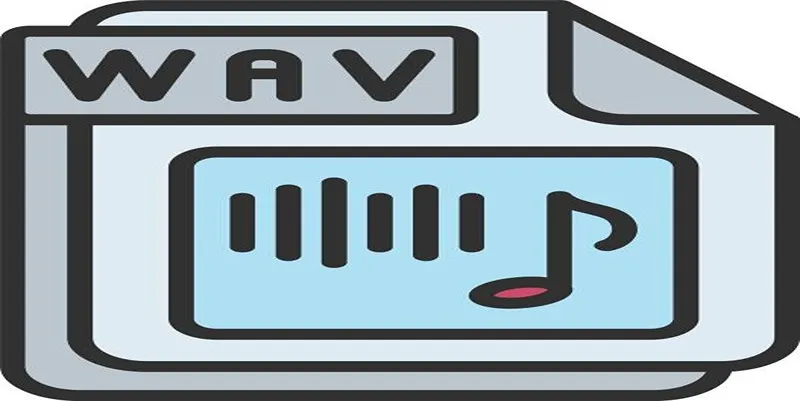
How to Convert MPEG to WAV: A Step-By-Step Guide

How to Easily Convert AVI to MOV Using 4 Reliable Tools

QuickBooks Online vs. QuickBooks Desktop: Which Is Better?

5 Simple Ways to Convert FLV Files to MOV Format on Windows

How to Easily Convert JVC TOD to MP4, MOV, or AVI: A Step-by-Step Guide

How to Convert FLV to MP4 for Free: Top Tools and Easy Methods
Popular Articles

10 Simple Tips to Instantly Improve Your Video Quality at Home

The Best Free Small Business Software in 2025 to Run Smarter, Not Harder
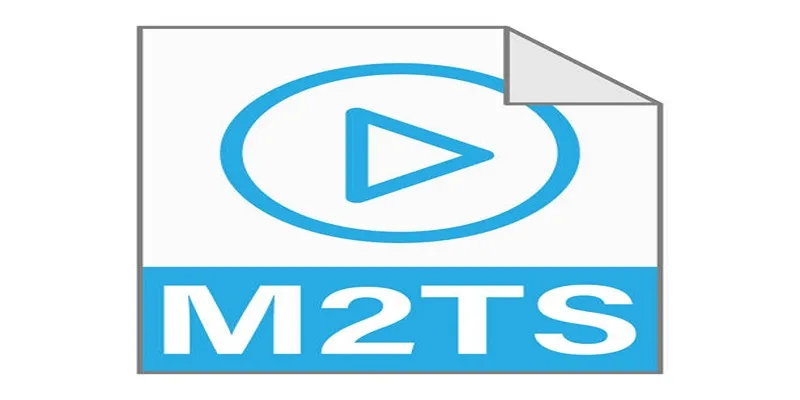
Top Free Methods to Convert M2TS Files to QuickTime MOV
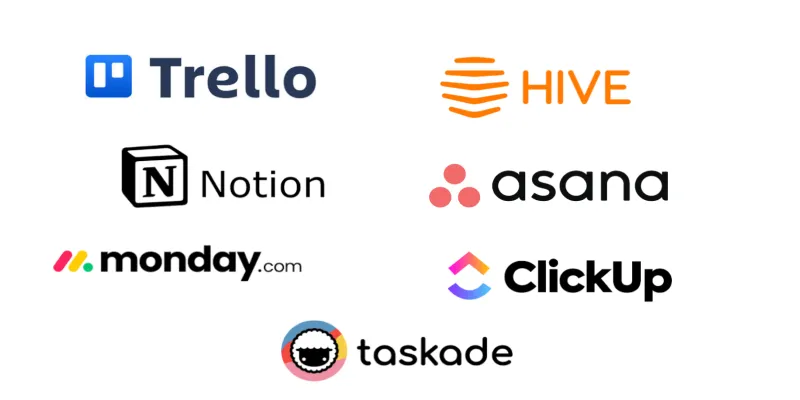
The 6 Best Jira Alternatives in 2025 to Streamline Your Workflow

What Makes Generative AI by Getty Images The Best AI Image Generator for Businesses?
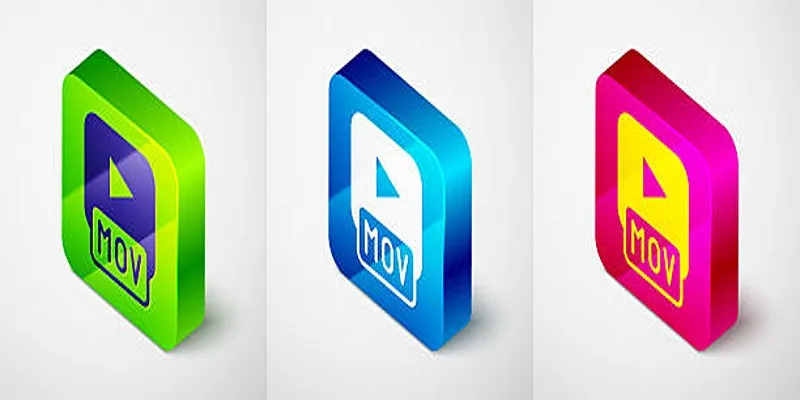
Top Tools to Convert MP4 to QuickTime MOV Efficiently on Mac

Speed Up Contact Form Follow-Ups with Automation

Offline Loom Alternatives: The Best 5 Tools for Screen Recording
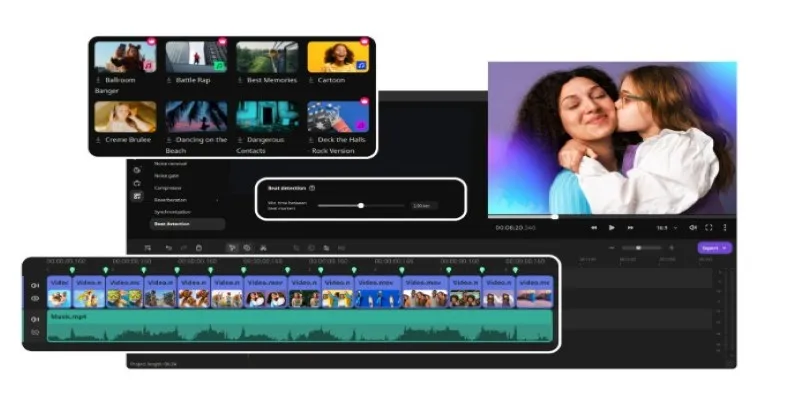
Create a Slideshow Video from Photos and Music with Ease

HubSpot vs. Zoho CRM: Which One Fits You Best in 2025?
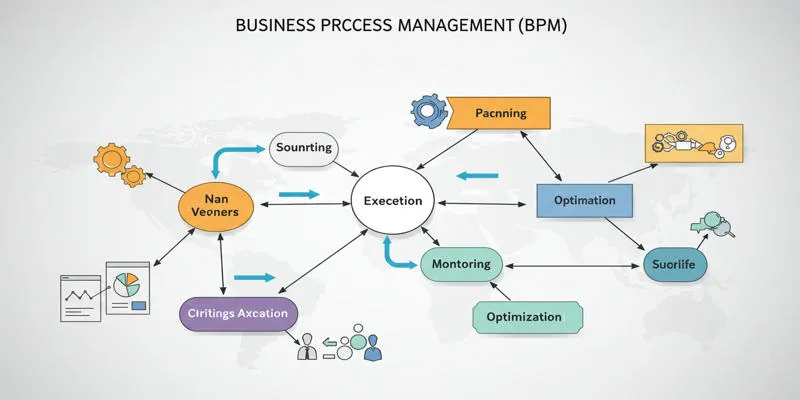
What is Business Process Management? A Comprehensive Guide to BPM

 mww2
mww2